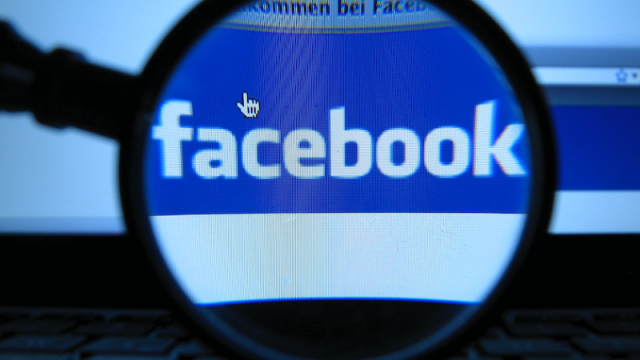Image: AP
This week, Facebook was grilled before three Congressional committees over Russian propaganda that it allowed to reach approximately 126 million users. The social network has now revealed to our parent company Fusion Media Group (FMG) that some Russian-bought ads appeared alongside content by two of our sister sites – Splinter and The Root.
According to Facebook, affected content from Splinter (named Fusion at the time) generated 57 impressions, while content from The Root generated a mere three. The ads ran between February 2016 and June 2017, but it’s not clear whether they were shown on Facebook’s Instant Articles Platform, where FMG stories appear, or on other platforms including our own sites through Facebook’s Audience Network. The ads netted FMG one cent.
This morning, The Atlantic revealed that it had received similar information from the company. Facebook told Gizmodo that fewer than 1,000 other publishers were affected.
The company provided Gizmodo with an example of an ad that ran and its corresponding impact. According to a Facebook spokesperson:
Less than 9,000 people saw one of the ads linked to the Internet Research Agency through the Audience Network. Most impacted publishers saw less than 10 impressions, and the revenue average delivered per publisher was less than $US0.10.
The Internet Research Agency mentioned by Facebook’s spokesperson refers to the infamous “troll farm” responsible for some of the Russian active measures the United States Intelligence community has determined were an attempt to tip the results of the 2016 presidential campaign in favour of Donald Trump.
Fusion Media Group spokesperson David Ford provided the following statement:
We are disturbed that any of our readers, no matter how small the number, may have been served with ads placed by Russian propaganda groups through Facebook’s Audience Network tool program. We will address this matter with Facebook since we, as a publisher, could not have been aware of this previously based on the way the Audience Network currently operates. This is an issue that all publishers and platforms need to be addressing aggressively and while it is our understanding that the potential commissions earned from these ads was approximately a penny ($US.01 ($0)), we have decided to make a $US5,000 ($6,536) donation to International Center for Journalists (ICFJ) which has created TruthBuzz and other tools for newsrooms around to world to tackle fraudulent news globally.
Facebook has a terrible habit of misreporting its own numbers. Last year, the company admitted that it had inflated its video viewing metrics by “60 to 80 per cent.” More recently, the number of users it claimed had been exposed to Russian political content intended to sow dissent in America jumped from the 10 million it reported last month to the 126 million it reported this week. In other words, it’s totally possible the company hasn’t properly reported its own metrics here. We’ll publish whatever we learn about this situation as we become aware of it.
Correction: Facebook contends the 126 million figure is a measure of organic content reach from Russian propaganda, while the 10 million – which a spokesperson told Gizmodo has been updated to 11.4 million – is the reach of propaganda in the form of paid advertisements.
